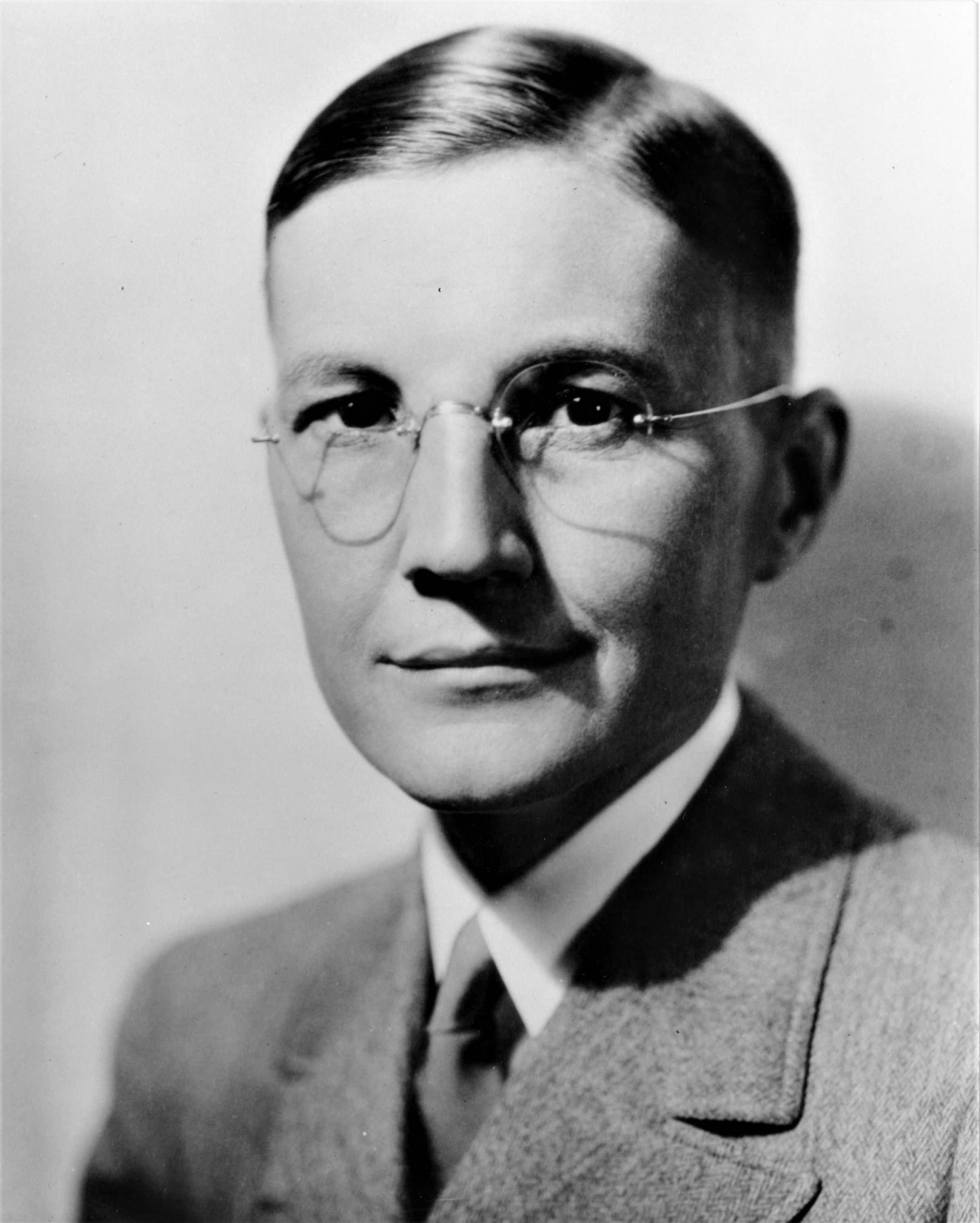Why was Herbert Spencer Gasser Awarded the Nobel Prize for Physiology or Medicine in 1944?
Herbert Spencer Gasser: Nobel Laureate for Pioneering Nerve Conduction Studies (1944)
Herbert Spencer Gasser, an American physiologist, made groundbreaking contributions to the field of neuroscience during the early 20th century. Renowned for his pioneering research on nerve conduction, Gasser played a pivotal role in advancing our understanding of how nerve impulses are transmitted along neurons. In recognition of his exceptional work, he was awarded the Nobel Prize for Physiology or Medicine in 1944. This article explores the reasons behind Gasser’s prestigious honor and highlights his remarkable scientific breakthroughs.

Nerve Conduction Studies:
Herbert Spencer Gasser’s Nobel Prize was primarily awarded for his investigations into nerve conduction. Gasser conducted a series of innovative experiments that focused on the electrical activity of nerve cells and the transmission of nerve impulses.
Gasser’s pioneering work involved the use of nerve fibers from the giant squid and other animals. He measured the speed at which nerve impulses traveled along these fibers, demonstrating that nerve conduction was an electrical phenomenon. Gasser’s research laid the foundation for understanding the principles of nerve conduction, which became fundamental to the field of neuroscience.
Electrophysiological Discoveries:
One of Gasser’s significant contributions was his discovery of the “all-or-none” law of nerve conduction. He observed that nerve impulses were propagated along a nerve fiber in a binary manner: they either occurred fully or not at all. This law suggested that nerve impulses were not subject to varying degrees of intensity, which was a groundbreaking finding in the study of nerve conduction.
Gasser’s research also shed light on the concept of nerve fiber diameter and its relationship to conduction velocity. He demonstrated that larger nerve fibers conducted nerve impulses faster than smaller ones, providing insights into the physical properties of nerve conduction.
Impact on Neuroscience:
Herbert Spencer Gasser’s discoveries had a profound impact on the field of neuroscience. His research laid the groundwork for electrophysiological studies, enabling scientists to explore the electrical properties of nerve cells and unravel the complexities of neuronal communication.
Gasser’s work became essential to understanding the transmission of nerve impulses in health and disease. It has informed subsequent investigations into the mechanisms underlying nerve conduction, leading to advancements in our understanding of neurological disorders and the development of novel therapeutic strategies.
Recognition and Legacy:
Herbert Spencer Gasser’s Nobel Prize in 1944 celebrated his exceptional scientific achievements and the transformative impact of his research in the field of nerve conduction. His groundbreaking work in electrophysiology revolutionized our understanding of nerve impulse transmission, providing crucial insights into the fundamental processes underlying neuronal function.
Gasser’s contributions continue to shape the field of neuroscience, inspiring ongoing research into the mechanisms of nerve conduction and its relevance to human health. His research serves as a testament to the power of scientific inquiry and the pursuit of knowledge in unraveling the mysteries of the nervous system.
Herbert Spencer Gasser’s Nobel Prize in 1944 honored his groundbreaking contributions to the field of neuroscience and his pivotal role in advancing our understanding of nerve conduction. His pioneering research on nerve impulse transmission and the “all-or-none” law became fundamental to the study of electrophysiology and neuronal communication.
Gasser’s legacy continues to inspire advancements in neuroscience, guiding our understanding of the complexities of the nervous system and its relevance to human health and disease. His work serves as a testament to the power of scientific inquiry and the pursuit of knowledge in advancing medical science and improving human well-being.




